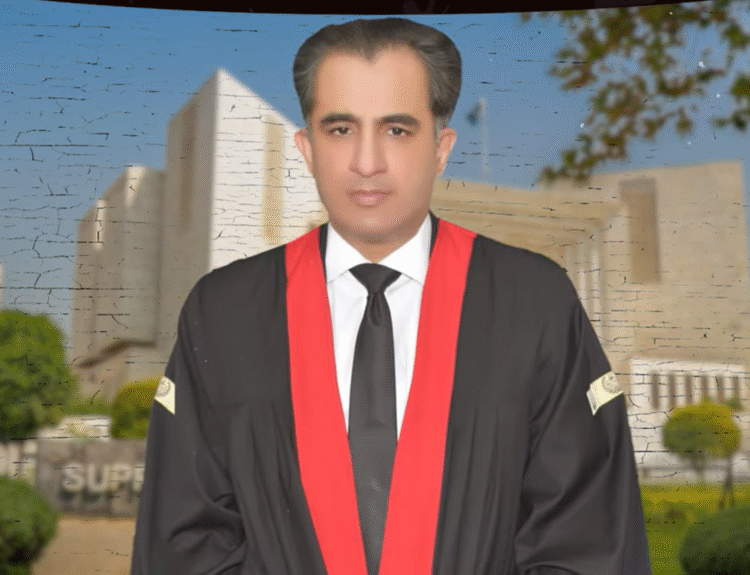Legality of recently proposed bill of the Khyber Pakhtunkhwa government to amend the existing Child Protection and Welfare Act 2010 is in question, as recommendation for recording the execution of sexual abuse convicts and making it public is against the constitutional provisions and the top court’s verdicts.
Talking to TLTP, human rights advocate and child rights expert Sharafat Ali Chaudhry Khyber Pakhtunkhwa government has decided to introduce amendments in existing Child Protection and Welfare Act 2010 to increase deterrence against the menace of child abused in the province but it may be challenged if passed in its presented form due to violation of Constitution of Pakistan.
He informed that KP Child Protection and Welfare (Amendment) Bill, 2020 which is in process to be enacted proposed to enhance punishments for the offences of dealing with organs of a child, child pornography, exposure of child to seduction, child trafficking and child sexual abuse. He was of the view that the Bill proposes to maintain a register of sex offenders and those convicted for life shall remain in jail till natural death without possibility of release on probation or parole.
“If the Bill becomes an Act then there would be no chance of remission of punishment under the proposed insertion of Section 54A in the KP Child Protection and Welfare Act, 2010 that prohibits any kind of remission in punishment for those convicted for committing sexual offences against the children”, said Sharafat.
Expressing his concern over the provision of the Bill Sharafat Ali Chaudhry who has also been training judicial officers in KP on child protection and juvenile justice termed some of its provision against the Constitutional scheme saying, “Article 45 of the Constitution of Pakistan, empowers the President of Pakistan ‘to grant pardon, reprieve and respite, and to remit a sentence passed by any court or tribunal while the clause (c) of the Section 54A of the proposed Bill prohibits any such remission in punishment which is ultra vires of the Constitution”.
It has also been proposed in the Bill that proceedings of death penalty would be recorded and will be available to public saying top court has already termed that public hangings for even the worst of criminals is a violation of the right to human dignity enshrined in Article 14 of the Constitution, he said.
He further expressed that under Article 143 of the Constitution if a provincial criminal law or criminal procedure is inconsistent with a law made by the Parliament on the subjects, the law made by the Parliament shall invariably prevail to the extent of inconsistency.
Chaudhry further said that the punishment and procedure proposed in the Bill are contradictory to the federal criminal law, hence stands ultra vires of the constitution, adding for the offense of sexual abuse, the proposed Bill lays down a punishment of imprisonment for up to 14 years and imposes fine up to 5 million rupees; whereas Section 377B of the Pakistan Penal Code, 1860 provides the punishment of imprisonment which “shall not be less than fourteen years and may extend up to twenty years and with fine which shall not be less than one million rupees.
He explained as the proposed Bill violates Article 45 by taking away the power of the president to remit the punishment and against Article 143 of the constitution by proposing provincial criminal law inconsistent with the federal criminal law on the subject. As he said, the offence of dealing with organs of a child, the Bill proposes a punishment of death sentence or imprisonment for life and imposes a fine with a minimum of Rs2 million and a maximum of Rs5 million; whereas Section 11 of the Transplantation of Human Organs and Tissues Act, 2010, deals with the selling and buying of organs of a child that is a Federal law provides the punishment of imprisonment for maximum of 10 years and imposes fine of a maximum of 1 million rupees.




